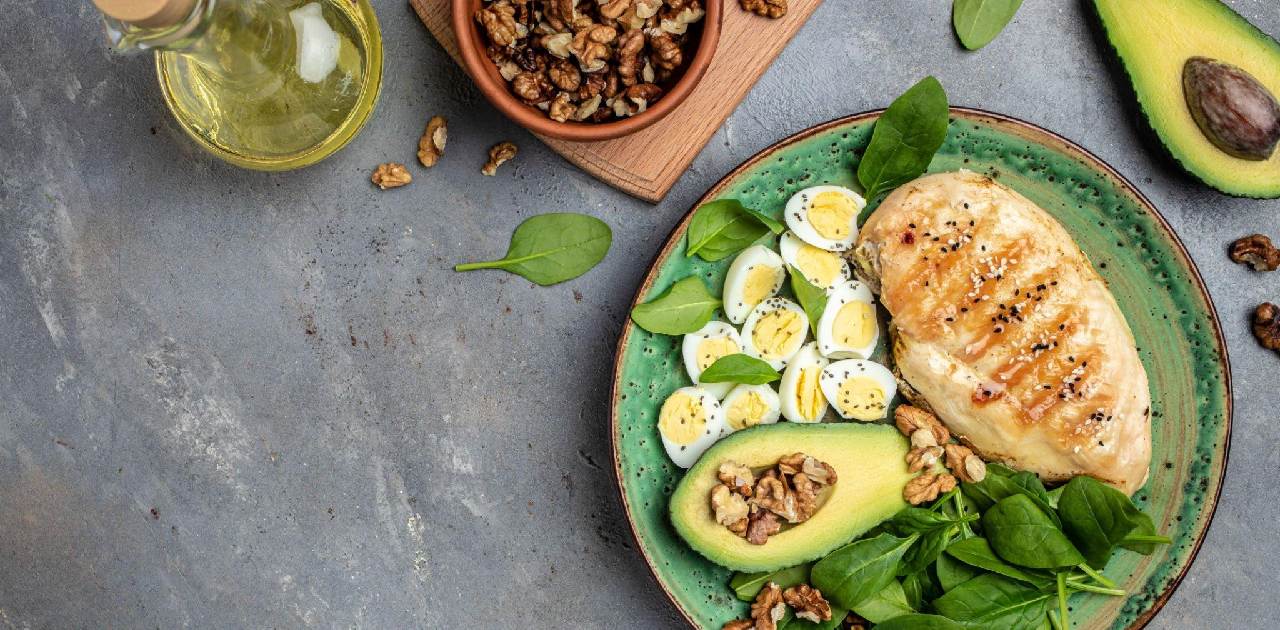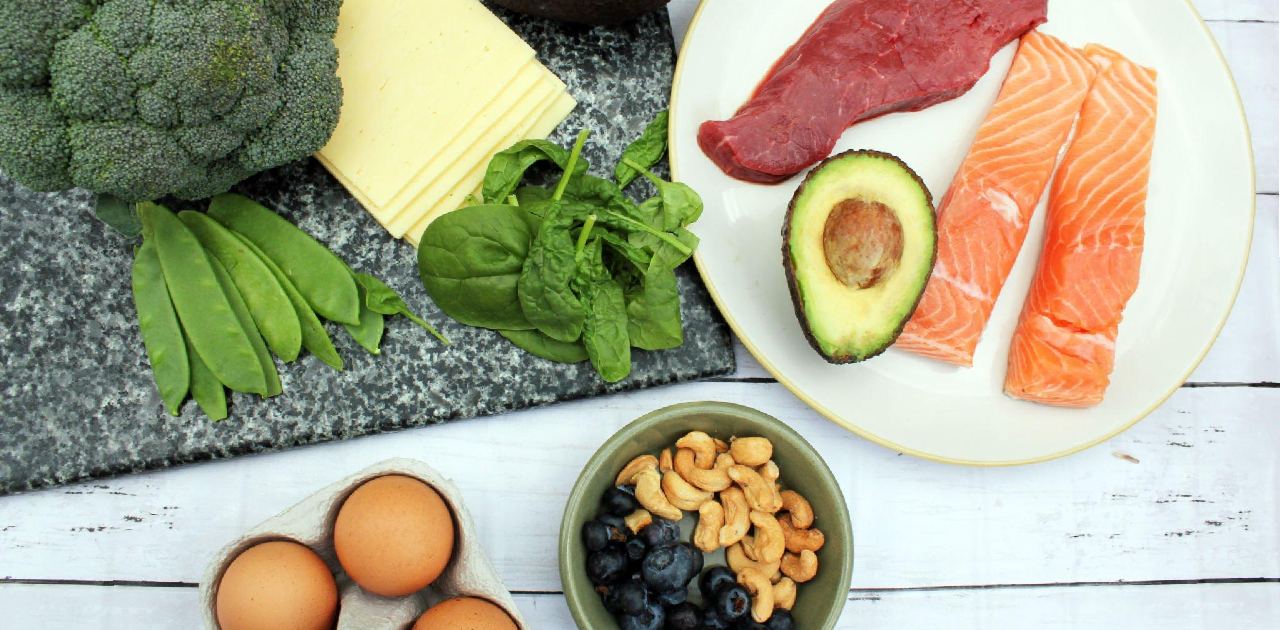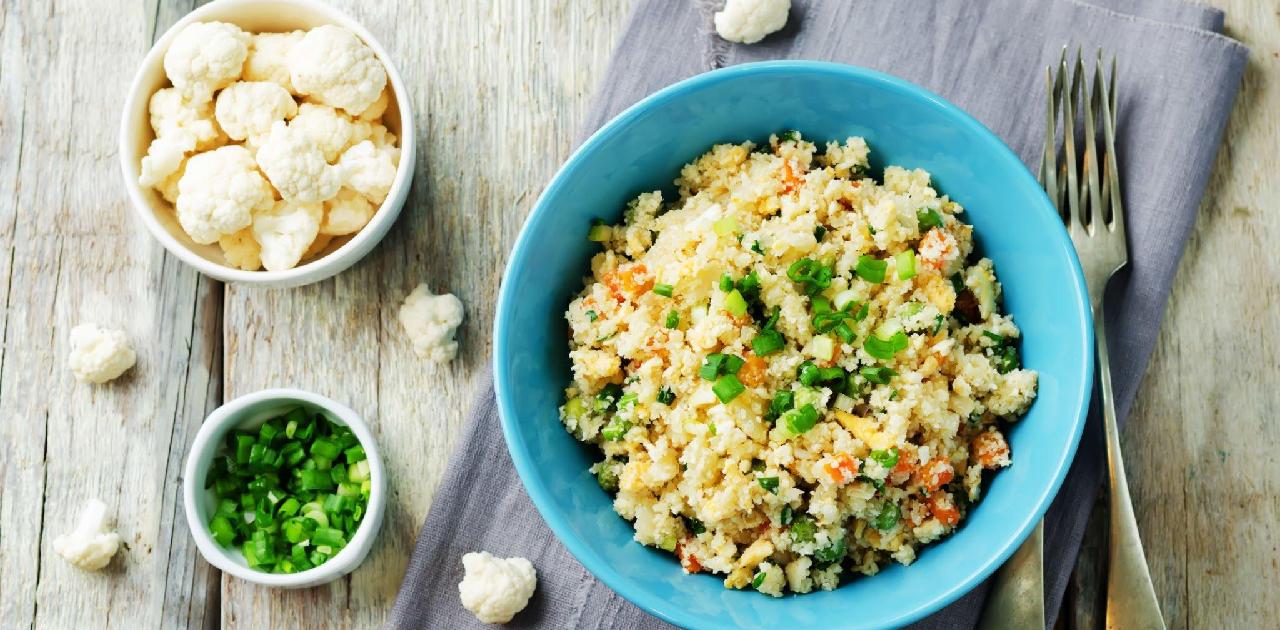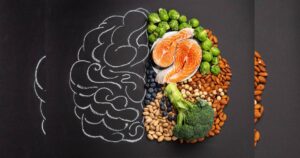Low-carb diets have become increasingly popular in recent years, and for good reason. Many people have found that reducing their carbohydrate intake can lead to weight loss, improved health, and increased energy levels. But what exactly is a low-carb diet, and how can it benefit you?
In general, a low-carb diet is a way of eating that limits the amount of carbohydrates you consume. This can mean different things to different people, but most low-carb diets involve cutting out or reducing high-carb foods like bread, pasta, rice, and sugary snacks. Instead, you focus on eating foods that are high in protein, healthy fats, and fiber, which can help you feel fuller for longer and avoid cravings.
There are many different types of low-carb diets, from the ketogenic diet (which is very low in carbs and high in fat) to the Atkins diet (which gradually increases carb intake over time). No matter which approach you choose, however, the goal is to find a way of eating that works for your individual needs and preferences.
What Are Low-Carb Foods?
So, what exactly are low-carb foods? Simply put, they are foods that are low in carbohydrates. This can include a wide variety of foods, from non-starchy vegetables like spinach and broccoli to protein sources like chicken, fish, and tofu. Some low-carb diets also allow for moderate amounts of healthy fats, such as nuts, seeds, and avocado.
It’s important to note that not all low-carb foods are created equal. Some foods may be low in carbs but high in unhealthy fats or calories, so it’s important to choose nutrient-dense foods that will support your overall health and well-being. With that in mind, let’s take a look at some of the top low-carb foods for weight loss and better health.
Benefits of a Low-Carb Diet
Before we dive into the top low-carb foods, it’s worth taking a moment to discuss some of the potential benefits of a low-carb diet. While everyone’s experience will be different, some of the most common benefits reported by low-carb dieters include:
- Weight loss: One of the main reasons people turn to low-carb diets is for weight loss. By reducing your carb intake, you may be able to reduce your overall calorie intake and lose weight more easily.
- Improved blood sugar control: Carbohydrates can cause spikes in blood sugar levels, which can be problematic for people with diabetes or insulin resistance. By reducing your carb intake, you may be able to stabilize your blood sugar levels and improve your overall health.
- Increased energy levels: Many low-carb dieters report feeling more energetic and alert after making the switch to a low-carb diet.
- Reduced cravings: By focusing on nutrient-dense, high-protein foods, you may be able to reduce your cravings for sugary or high-carb snacks.
- Better digestive health: Low-carb diets tend to be high in fiber, which can help promote healthy digestion and prevent constipation.
Of course, these are just a few of the potential benefits of a low-carb diet. Everyone’s experience will be different, and it’s important to work with a healthcare professional to determine if a low-carb diet is right for you.
Top 10 Low-Carb Foods for Weight Loss and Better Health
Now that we’ve covered the basics of low-carb diets, let’s take a closer look at some of the top low-carb foods for weight loss and better health. These foods are all relatively low in carbohydrates and high in nutrients, making them a great choice for anyone looking to improve their diet.
1. Leafy greens
Leafy greens like spinach, kale, and arugula are some of the most nutrient-dense foods you can eat. They are low in calories and carbohydrates, but high in vitamins, minerals, and fiber. They are also incredibly versatile and can be used in a wide variety of dishes, from salads to smoothies to stir-fries.
2. Eggs
Eggs are a great source of protein and healthy fats, making them a perfect low-carb food. They are also incredibly versatile and can be cooked in a variety of ways, from scrambled to poached to boiled.
3. Avocado
Avocado is a great source of healthy fats and fiber, making it a perfect addition to any low-carb diet. It can be used in a variety of dishes, from guacamole to salads to smoothies.
4. Nuts and seeds
Nuts and seeds are a great source of healthy fats, protein, and fiber. They can be used as a snack or added to salads or stir-fries for extra crunch and flavor.
5. Berries
Berries like strawberries, raspberries, and blueberries are low in carbs but high in antioxidants and other beneficial nutrients. They can be eaten as a snack or added to smoothies or yogurt for extra flavor.
6. Chicken
Chicken is a great source of lean protein, making it a perfect low-carb food. It can be grilled, baked, or roasted and used in a variety of dishes.
7. Fish
Fish is a great source of protein and healthy fats, making it a perfect addition to any low-carb diet. It can be grilled, baked, or sautéed and used in a variety of dishes.
8. Tofu
Tofu is a great source of plant-based protein and can be used in a variety of dishes, from stir-fries to salads to soups.
9. Cauliflower
Cauliflower is a great low-carb substitute for rice or potatoes. It can be roasted, mashed, or used in a variety of dishes.
10. Broccoli
Broccoli is a great source of fiber and vitamins, making it a perfect low-carb food. It can be roasted, steamed, or used in a variety of dishes.
Recipes Using Low-Carb Foods
Now that you know some of the top low-carb foods, you may be wondering how to incorporate them into your diet. The good news is that there are plenty of delicious recipes that use low-carb ingredients. Here are just a few ideas to get you started:
- Spinach and feta omelet: Whip up a quick and easy omelet using eggs, spinach, and feta cheese.
- Avocado and chicken salad: Combine diced avocado, chicken, and greens for a tasty and filling salad.
- Cauliflower fried rice: Use cauliflower rice as a low-carb substitute for traditional rice in your favorite fried rice recipe.
- Berry smoothie: Blend together your favorite berries with Greek yogurt and a splash of almond milk for a delicious and healthy smoothie.
- Broccoli and chicken stir-fry: Sauté broccoli and chicken in a little bit of oil and serve over cauliflower rice for a filling and nutritious meal.
How to Incorporate Low-Carb Foods Into Your Diet
Incorporating low-carb foods into your diet doesn’t have to be difficult. Here are a few tips to help you get started:
- Start slowly: If you’re used to eating a high-carb diet, it can be difficult to make the switch all at once. Start by gradually reducing your carb intake and increasing your intake of healthy fats and protein.
- Plan ahead: To make sure you have plenty of low-carb options on hand, plan your meals and snacks ahead of time.
- Get creative: There are plenty of delicious low-carb recipes out there, so don’t be afraid to experiment with new ingredients and flavors.
- Stay hydrated: Drinking plenty of water can help you stay full and avoid cravings.
- Listen to your body: Everyone’s nutritional needs are different, so pay attention to how your body feels and adjust your diet accordingly.
Common Misconceptions About Low-Carb Diets
Despite the many benefits of low-carb diets, there are still some common misconceptions out there. Here are a few of the most common myths about low-carb diets, debunked:
- Low-carb diets are all about eating bacon and cheese: While some low-carb diets do allow for moderate amounts of high-fat foods like bacon and cheese, these should not be the focus of your diet. Instead, focus on nutrient-dense foods like leafy greens, protein sources, and healthy fats.
- Low-carb diets are unhealthy: While some people may experience negative side effects from a low-carb diet (such as constipation or fatigue), many people find that a low-carb diet can actually improve their health.
- Low-carb diets are too restrictive: While it’s true that low-carb diets require you to limit your intake of certain foods, there are still plenty of delicious and nutritious options available.
Low-Carb Diets and Exercise
If you’re considering a low-carb diet, you may be wondering how it will affect your exercise routine. While everyone’s needs will be different, many people find that a low-carb diet can actually improve their athletic performance.
Because low-carb diets can help stabilize blood sugar levels and reduce inflammation, they may be particularly beneficial for endurance athletes. However, it’s important to work with a healthcare professional or registered dietitian to determine the best approach for your individual needs.
Risks and Precautions of a Low-Carb Diet
While low-carb diets can be a healthy choice for many people, there are some potential risks and precautions to be aware of. Some of the most common risks include:
- Nutrient deficiencies: Because low-carb diets often limit certain food groups (such as grains or fruits), it can be difficult to get all the nutrients your body needs. It’s important to make sure you are getting enough vitamins, minerals, and fiber from other sources.
- Constipation: A low-carb diet can sometimes lead to constipation or other digestive issues, particularly if you are not getting enough fiber or fluids.
- Fatigue or weakness: Some people may experience fatigue or weakness as their body adjusts to a low-carb diet.
If you are considering a low-carb diet, it’s important to work with a healthcare professional or registered dietitian to ensure that you are meeting all of your nutritional needs.
Frequently Asked Questions About Low-Carb Foods
What are low carb foods?
Low carb foods are those that contain a minimal amount of carbohydrates. Carbohydrates are one of the three macronutrients, along with protein and fat, and they are the body’s main source of energy. Low carb foods typically contain fewer than 30 grams of carbohydrates per serving.
Why do people choose to eat low carb foods?
People choose to eat low carb foods for various reasons. Some may follow a low carb diet for weight loss, as it can help reduce overall caloric intake and promote fat burning. Others may choose a low carb diet for managing certain health conditions, such as diabetes, or for improving overall blood sugar control. Low carb diets are also popular among those who are looking to reduce their sugar intake, stabilize energy levels, or improve their athletic performance.
What are some examples of low carb foods?
Some examples of low carb foods include non-starchy vegetables like leafy greens, broccoli, cauliflower, and bell peppers; lean protein sources such as chicken, fish, tofu, and eggs; healthy fats like avocado, nuts, and seeds; and dairy products like Greek yogurt and cottage cheese (in moderation). Additionally, some fruits like berries, cherries, and citrus fruits are relatively low in carbs compared to other fruits.
Are all low carb foods healthy?
Not necessarily. While many low carb foods can be part of a healthy diet, not all low carb foods are automatically healthy. For example, foods that are high in saturated fats, such as bacon, sausage, and some cheeses, may be low in carbs but can be detrimental to overall health when consumed in excess. It’s important to consider the overall nutritional value of a food, including its vitamins, minerals, fiber, and other nutrients, in addition to its carbohydrate content.
Can I eat low carb foods on a vegetarian or vegan diet?
Yes, it’s possible to follow a low carb diet while adhering to a vegetarian or vegan lifestyle. There are plenty of low carb plant-based foods available, such as leafy greens, cruciferous vegetables, nuts, seeds, tofu, tempeh, and plant-based protein powders. Careful planning and food choices can help vegetarians and vegans maintain a low carb diet while meeting their nutritional needs.
Are low carb diets suitable for everyone?
Low carb diets may not be suitable for everyone, and it’s important to consult with a healthcare professional or a registered dietitian before starting any new diet plan, especially if you have any existing health conditions or concerns. Pregnant or breastfeeding individuals, people with diabetes, kidney disease, or liver disease, and those with a history of eating disorders or other health issues should approach low carb diets with caution and under the guidance of a healthcare professional.
Are there any potential risks or side effects of low carb diets?
Like any diet, low carb diets may have potential risks and side effects. Some people may experience initial side effects when transitioning to a low carb diet, such as dizziness, fatigue, and irritability, which are often referred to as “keto flu” or “low carb flu.” Low carb diets can also lead to nutrient deficiencies if they are not properly balanced and do not include a wide variety of foods. Long-term adherence to a low carb diet may also affect gut health and digestive function. It’s important to monitor your body’s response to a low carb diet and make adjustments as needed.
Can I still enjoy treats and desserts on a low carb diet?
Yes, it’s possible to enjoy treats and desserts on a low carb diet, but it’s important to choose
Conclusion: Why Low-Carb Diets Can Be a Healthy Choice
In conclusion, low-carb diets can be a healthy choice for many people. By focusing on nutrient-dense foods like leafy greens, protein sources, and healthy fats, you can improve your overall health and well-being while also promoting weight loss and increased energy levels.
Of course, it’s important to listen to your body and work with a healthcare professional or registered dietitian to determine the best approach for your individual needs. With the right guidance and support, you can make a low-carb diet work for you and enjoy all the benefits it has to offer.







